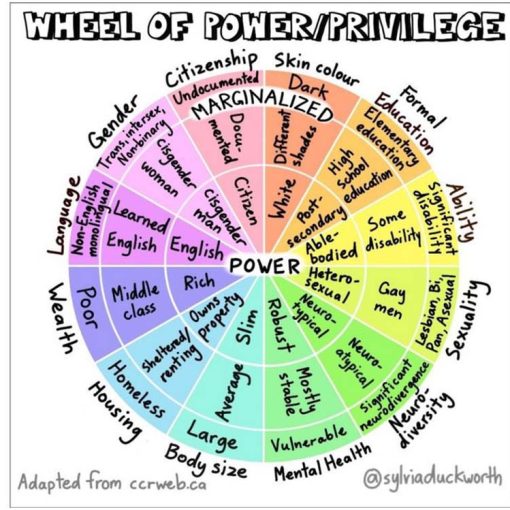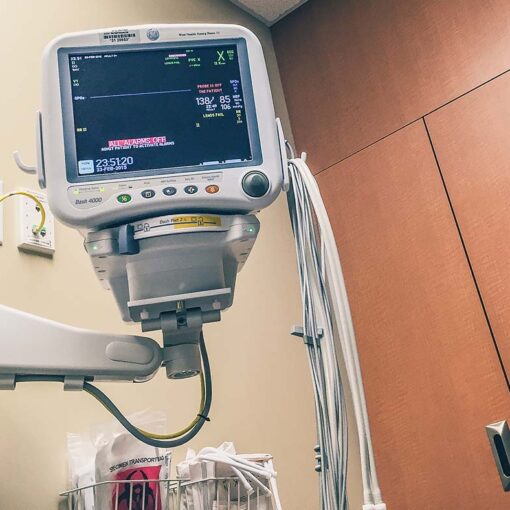
Aggressive behavior in a dementia patient is unfortunately common in nursing homes and this is one of the main job stressors for nurses. However, once you determine the triggers of aggression, it will be easy to manage it and even prevent it from happening (Schnelli et.al. 2020).
Aggressive behavior can be either verbal, like name-calling, abusive words, shouting or screaming. Or it can be physical, like punching, hitting, pushing, improper touching and even stabbing. (Saina 2021.)
Triggers of aggression
Aggression usually happens for a reason. According to Wharton et. al. (2018) & Dementia care center (2020) the common triggers of aggression in people living with dementia are:
Environmental factor: a noisy, crowded, dark, bright, cold, hot or overstimulating room could make the person with dementia overwhelmed or over stimulated causing them to lash out in frustration.
Health factors: they usually cause a physical discomfort to a person with dementia. The health factors may include pain, infection (e.g. urine infection), eye/ear problems, or depression.
Poor communication: whenever dementia patients cannot hear nor understand what the nurse is saying they get aggressive.
Management of aggression
Check the environment: eliminate environmental factors causing aggression for example: reduce noise, brighten the room, warm, or cool the room temperature (Wharton et. al. 2018).
Use distraction technique: distract the person with something they like for example watching tv, going for a walk, listening to music. This also stimulates their sensory. (Enmarker et.al. 2011.)
Medical checkup: when the aggressive person calms down, use this time to do medical inspection on them. Book doctor’s appointment whether the health factor is determined or not just to clear out health factor as a trigger to their aggression. (Dementia care center 2020.)
Good communication: communicate in a calm way, to calm the aggressive patient, listen to what the person with dementia is saying, use simple language and simple step-by-step instructions so that the person with dementia can understand what they need to do (Wharton et. al. 2018).
Pharmacological technique: pharmacology should be the last resort in case the person with dementia is posing a safety risk to the nurses and other residents. However, medication use in managing aggression should be discouraged to prevent medication tolerance. (Funmilayo & Kunik 2006.)
Nursing staff: nurse are not alone; they can always ask for assistance from colleagues. Aggression should also be reported and share your aggression experience with other nurses. This will help you learn how other nurses handled the situation. In case aggression occurs, nurses should keep a safe distance and stay calm. (Schnelli et.al. 2020.)
Conclusion
The knowledge on triggers of aggression will help in the prevention of aggression from occurring and it will also enable nurses to know how to manage the aggression when it occurs. Management and prevention of aggression in dementia patients also prevent job stressors for nurses and the patient-nurse relationship improves (Saina 2021).
Authors
Joy Saina is a nursing student at LAB University of Applied Sciences, bachelor’s degree Programme in Nursing.
Anna Romakkaniemi is a senior lecturer at LAB University of Applied sciences and she was the supervising teacher for this thesis.
References
Dementia care center. 2020. Aggression on Caregivers. [Cited on 18th September 2020]. Available at: https://www.dementiacarecentral.com/caregiverinfo/aggression/.
Enmarker, I., Olsen, R., & Hellzen, O. 2011. Management of persons with dementia with aggressive and violent behavior: A systematic literature review. International Journal of Older People Nursing. [Cited on 20th September 2020]. Available at: https://www.researchgate.net/publication/51095599_Management_of_person_with_de-mentia_with_aggressive_and_violent_behaviour_A_systematic_literature_review.
Funmilayo, R. & Kunik, M. 2006. Treating Aggression in Patients with Dementia. [Cited on 27th October 2020]. Available at: https://www.psychiatrictimes.com/view/treating-aggression-patients-dementia.
Saina, J. 2021. Triggers of aggression in Dementia patients. Thesis. LAB University of Applied Sciences. [Cited on 3rd June 2021]. Available at: http://urn.fi/URN:NBN:fi:amk-202104255689.
Schnelli, A., Karrer, M., Mayer, H., & Zeller, A. 2020. Aggressive behavior of persons with dementia towards professional caregivers in the home care setting—A scoping review. [Cited on 10th November 2020]. Available at: https://onlineli-brary.wiley.com/doi/10.1111/jocn.15363.
Wharton, T., Paulson, D., Macria, L. and Dubin, L. 2018. Delirium and mental health his-tory as predictors of aggression in individuals with dementia in inpatient settings: [Cited on: 27th August 2020]. Available at: http://dx.doi.org/10.1080/13607863.2016.1235680.
Images
Image 1. Daily caring. 2018. 14 Ways of Dealing With Aggressive Behavior in Dementia. [Cited on 2nd February 2021]. Available at: https://dailycaring.com/14-ways-of-dealing-with-aggressive-behavior-in-dementia/.




